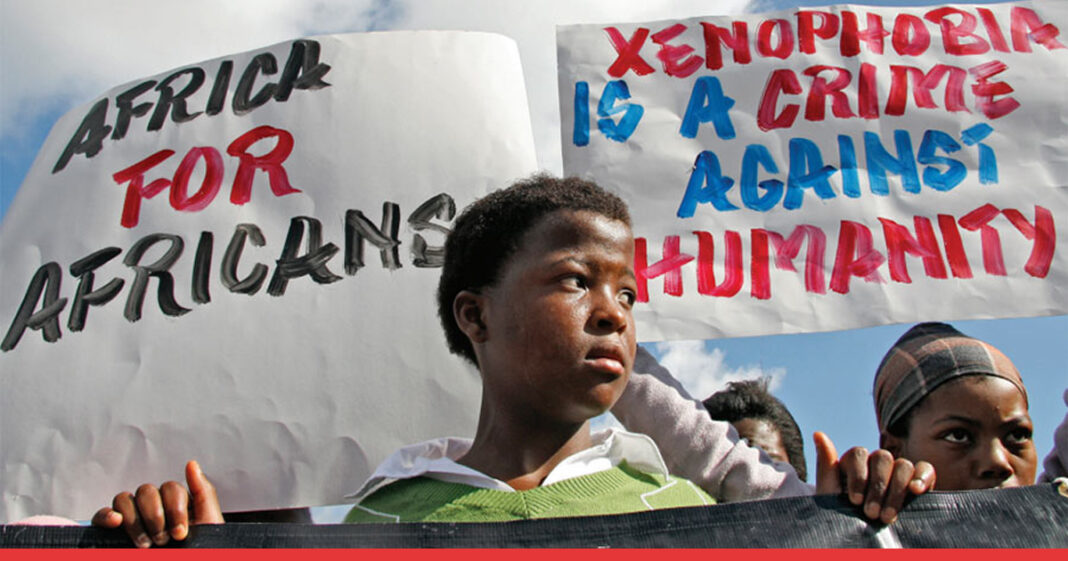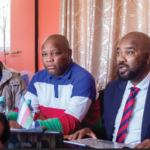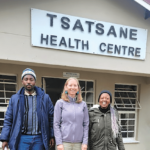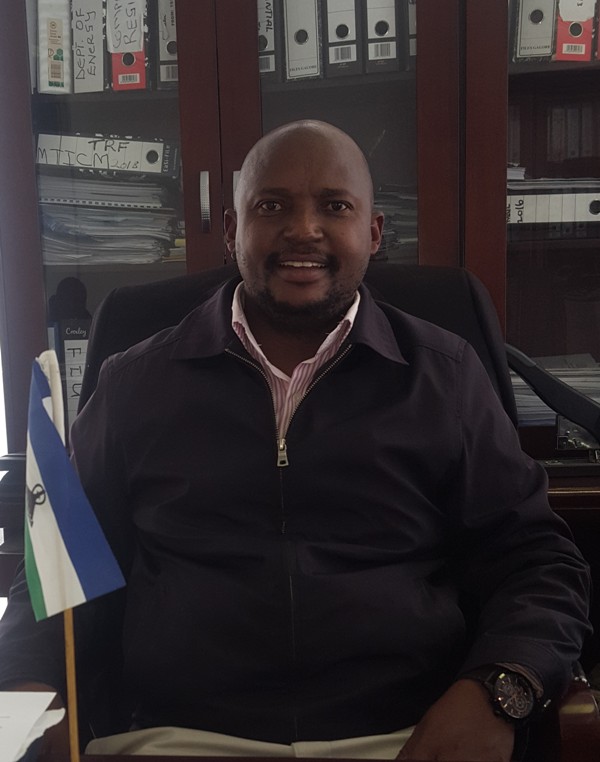A government official this week appeared to back efforts by South African groups to exclude foreign nationals, including Basotho, from accessing public healthcare services.
Pulane Lesita, the Public Relations Officer for Lesotho’s Ministry of Foreign Affairs, aligned herself with controversial narratives that foreign nationals should not use South Africa’s state-run health facilities, saying South Africans are “within their rights” to prioritise citizens.
This comes amid growing reports of foreign nationals, including Basotho, being turned away from public hospitals and clinics across South Africa, with local groups citing pressure on state resources and asserting that foreigners should “pay in full” at private facilities.
“They are not saying foreigners, including Basotho, should not access services,” Lesita said. “They are saying foreigners must access services that are paid for and leave public services for South Africans.”
She added: “Basotho in South Africa are not paying tax there. If this were happening in Lesotho, even our own citizens would not be happy with foreigners burdening the system.”
Several Basotho living in South Africa have confirmed that they are being denied access to health services, even when in the country legally.
A Mosotho woman living in Vosloorus said she was turned away from a local clinic despite having a valid passport. Another, living in Soshanguve, Pretoria, said she was denied family planning services even though she had all her legal documentation in order.
These incidents mirror the growing hostility against foreign nationals in South Africa, fueled by groups such as ActionSA, an opposition political party, and a xenophobic Operation Dudula.
ActionSA, through its Parliamentary Chief Whip and National Spokesperson Lerato Ngobeni, has publicly affirmed its commitment to “end abuse of public healthcare by illegal foreigners.”
The party contends that public health facilities are “overburdened, under budgeted and do not have the capacity, staff and financial resources.” ActionSA emphasises the need for “the right people in the country with documents,” stating: “We reject continued abuse of our hospitals by people who are illegal in the country because they are criminals.”
Operation Dudula has taken a more extreme position, demanding that all foreign nationals, documented or not, must use private facilities and “go back to your country” if they cannot afford them.
“South Africa’s resources are under pressure. It’s only fair non-citizens contribute their share by paying privately,” the group said in a recent statement.
They argue that “South Africa’s public resources are under immense pressure” and that “to protect and prioritise services for citizens, it is only fair that non-citizens contribute their fair share by accessing services through private means.”
These groups are demanding that South African citizens be given priority access to public healthcare services, citing instances where locals are allegedly “overlooked or delayed.”
Affected health facilities reportedly include Rosettenville, Vooslorus, Addington, and Hillbrow health centres.
However, the South African Human Rights Commission (SAHRC) has issued a strong reminder to the public and all stakeholders that “the right to access healthcare services in South Africa is a universal right afforded to everyone within the Republic’s borders, as guaranteed by the Constitution.”
In a media advisory on July 2, 2025, the SAHRC highlighted Section 27(1) of the Constitution, which “clearly states that: ‘Everyone has the right to have access to healthcare services, including reproductive healthcare.’”
The SAHRC further clarified that “this constitutional provision means that all people in South Africa, regardless of nationality, legal status, race, gender, age, income level, or geographic location, are entitled to access basic healthcare services.”
This explicitly includes South African citizens, refugees and asylum seekers, documented and undocumented migrants, stateless persons, children (including separated, unaccompanied, and stateless children), persons in detention, and vulnerable populations.
The commission stressed that “the Constitution does not qualify or limit this right based on immigration status or citizenship” and that “in accordance with Section 27(3), ‘No one may be refused.'”
While some reports from South African media houses have stated that 70 percent of patient files in Johannesburg belong to foreign nationals, the broader debate continues to rage, pitting calls for prioritising citizens against the constitutional guarantee of universal healthcare access.
The outcome of this escalating tension remains to be seen as different groups continue to assert their interpretations of the law and human rights.
Lerato Nkhetše, Director for the Migrant Workers Association of Lesotho, stated that their association has received reports from Basotho living in South Africa who were directly affected by the situation.
He said that after receiving these reports, the association contacted the municipal councils in the affected areas to understand what was happening.
“All we learned from them was that they are working to address the situation. We were told that what the citizens are doing is against the law and will be handled,” he said.
Nkhetše mentioned that the association was about to release a statement speaking out against these actions. However, after talking with their partners in South Africa and hearing South Africa’s president’s comment that the issue would be solved, they decided to wait and see what happens.
He asked the government of Lesotho to make sure that every Lesotho consulate and embassy in South Africa has a clinic or offers health services at their locations.
“Many Basotho are in South Africa, and it makes sense to have such facilities there to help our people,” he said.
Summary
- Pulane Lesita, the Public Relations Officer for Lesotho’s Ministry of Foreign Affairs, aligned herself with controversial narratives that foreign nationals should not use South Africa’s state-run health facilities, saying South Africans are “within their rights” to prioritise citizens.
- This comes amid growing reports of foreign nationals, including Basotho, being turned away from public hospitals and clinics across South Africa, with local groups citing pressure on state resources and asserting that foreigners should “pay in full” at private facilities.
- The South African Human Rights Commission (SAHRC) has issued a strong reminder to the public and all stakeholders that “the right to access healthcare services in South Africa is a universal right afforded to everyone within the Republic’s borders, as guaranteed by the Constitution.

Ntsoaki Motaung is an award-winning health journalist from Lesotho, specializing in community health stories with a focus on sexual and reproductive health and rights, as well as HIV. She has contributed to platforms like “Be in the KNOW,” highlighting issues such as the exclusion of people with disabilities from HIV prevention efforts in Lesotho.
In addition to her journalism, Ntsoaki serves as the Country Coordinator for the Regional Media Action Plan Support Network (REMAPSEN). She is also a 2023 CPHIA Journalism Fellow.










